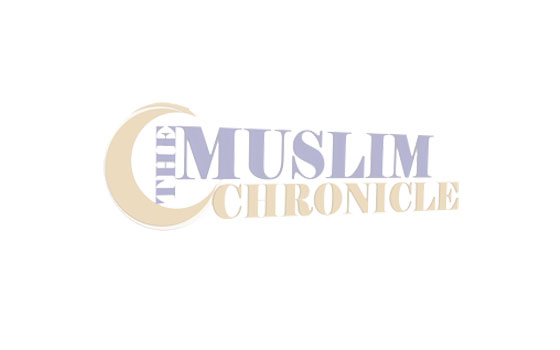Moscow - Muslimchronicle
A panel discussion on the challenges women face in Saudi Arabia and Russia was held on Friday at the Ritz Carlton Hotel in Moscow.
Panelists began by discussing the news that broke shortly before King Salman’s visit to Moscow: The issuance of a royal decree granting women the right to drive.
Faisal J. Abbas, editor in chief of Arab News and panel moderator, said the decree was ground-breaking.
He asked the Saudi panelists what they thought of women driving and if there would be any restrictions on them.
Shoura Council member Houda Al-Helaisi said: “When the king took this step, the only restriction mentioned was that women wouldn’t start driving until next June.”
She added that Saudi Arabia is only 85 years old, and whereas women’s literacy rate was 2 percent in 1962, this year it is 95 percent.
“This is an amazing leap in a little more than 50 years. It’s a great achievement for Saudi Arabia and for Saudi women,” she said.
“We’ve witnessed many changes over these 85 years. We’re moving perhaps a little slowly in the eyes of many people, but we’re moving in the right direction. I’m not going to defend or justify the reasons behind not allowing women to drive in the past, but we’re happy to see the step that has been taken,” Al-Helaisi added.
“Any society needs to move and change at a pace acceptable to its people, not at the pace of an entity with a different system of values. There’s no perfect society, and we’re moving ahead at our own pace.”
She said women in the Shoura Council initially experienced some difficulties, but as time went on they were supported by their male colleagues.
Somayya Jabarti, editor in chief of the Saudi Gazette, said: “Saudi women who have Arab or international driving licenses will able to drive immediately, and their licenses will be replaced by Saudi ones.”
The speakers said the issue is not about driving but about choice: Women will have a choice whether to drive or not. Prior to King Salman’s decree, they did not have this choice.
Jabarti and Al-Helaisi said their achievements were possible thanks to the support of their male colleagues, for which they are grateful.
They said this went against the stereotype that men are oppressing women and limiting their opportunities.
Maria Dubovikova, president of the International Middle Eastern Studies Club, replied to a question from Abbas about Russian perceptions of Saudi Arabia.
“My team worked on a questionnaire of what Russians think about Saudi Arabia. The most common responses were oil, then camels and terrorism. We’re stuck in the trap of stereotypes that must be overcome,” she said.
“I think now the situation is changing slightly because of the strong Russian presence in the Middle East, and the great progress it has made in a short time in Syria and in the region in general… We both have common and intersecting interests. There’s a need for communication, not only between the governments but also between the people.”
Abbas enquired about the challenges facing Russian and Saudi women regarding pay scales and fair treatment at work.
Dubovikova said the problem of gender inequality is common in all countries, and is due to men’s stereotypes about women.
Olga Zinyakova, CEO of the KARO cinema network, said: “The cinema business in Russia is still small but mostly dominated by men. For women in the past in Russia, they had to choose between family and work. We have a lot of prejudice in the country, and this is true to every country, I think. What we can do is share our experiences and be open. We also have to respect different types of societies. Communication is the best solution in order to get better results and transfer thoughts and ideas.”
Commenting on the wage issue in the Kingdom, Jabarti said: “Women and men are paid equally in Saudi Arabia in the public and private sectors. It’s not an issue in the country at all.”
Source:Arabnews








